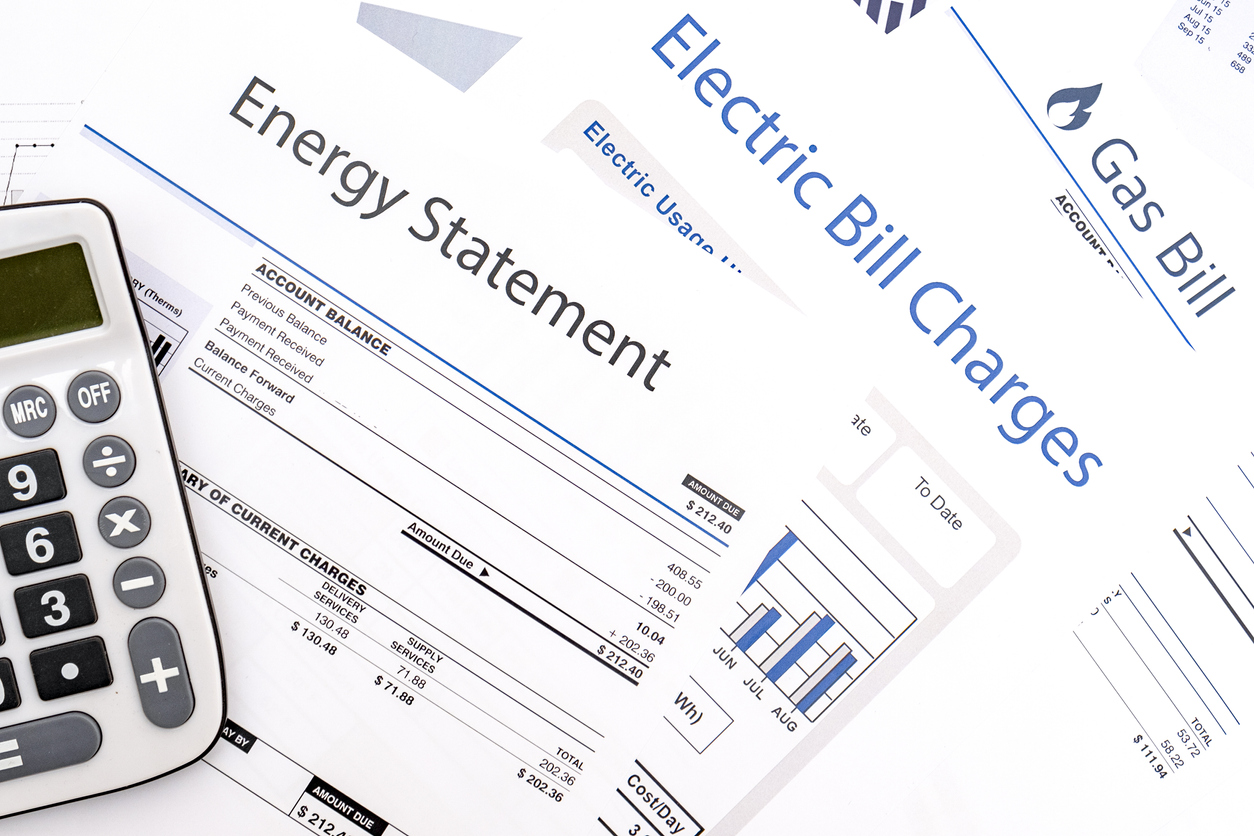It's surprising that a state like California hasn't already imposed its own statewide carbon pricing to account for externalities like pollution and carbon.You could, and those that are proponents of 'social justice' want to redistribute taxes to those groups they view as disadvantaged (or whatever.)
I've learned to shy away from those approaches because I find the political corruption and inefficiency too great to stomach, even though I am sympathetic to the idea.
My approach has boiled down to what I consider the least perverse of what we can do in a capitalist society: get rid of externalized costs, so that the price of goods and consumptions reflect their actual costs. Currently almost all pollution costs are not priced into fossil fuels. This distorts the market in extremely undesirable ways, specifically it engenders uninformed consumer choice, it discourages conservation, it retards innovation, and it leaves it up to politicians to decide who pays for the pollution related damages.
NY participates in the Regional Greenhouse Gas Initiative (RGGI). So there is carbon pricing for power producers on or near the East Coast in states that participate. Although only power producers have to participate, so a lot of carbon is still unpriced out here.








